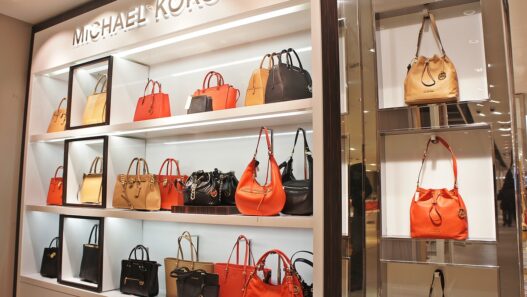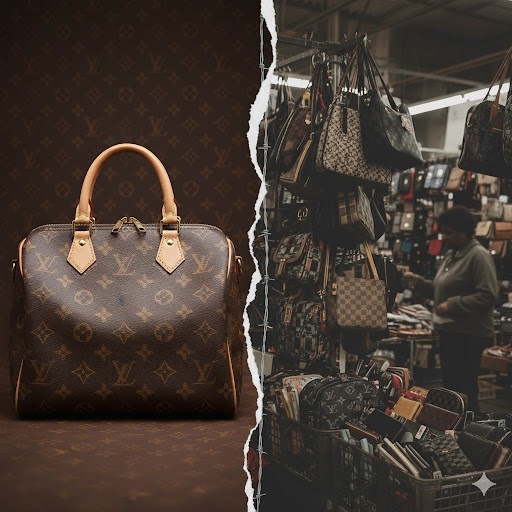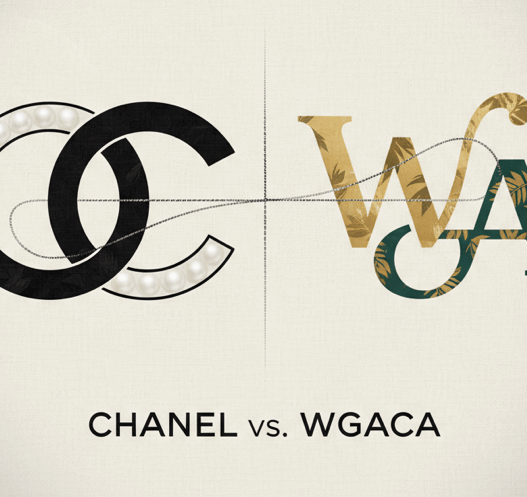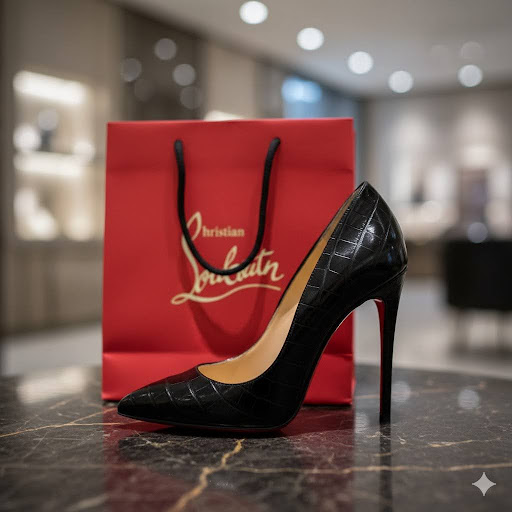“Made in Italy is not a passport to morality.”
July 2025: Some people in Milan will not remember this month for its summer sales, but will recognise it as the month that the Court of Milan placed Loro Piana under judicial administration. The House of Cashmere, owned by LVMH and long regarded as the epitome of Italian refinement, was found to have profited from supply chains marred by exploitation. Workers without papers, confined in unsafe workshops, sewing the quiet luxury that graced the closets of the world’s wealthiest.
The decision to appoint a court-mandated overseer did not arrive in a vacuum. It represents a fissure in the very mythology that Italy has cultivated: that “Made in Italy” is shorthand for excellence, artistry, dignity. The Loro Piana scandal serves as a reminder that heritage labels can be complicit in practices as crude as those of the fast-fashion empires they disdain.
The Curtain Pulled Back
The investigation revealed Chinese-run subcontracting workshops hidden in the industrial shadows of Northern Italy. Their workers, many undocumented, toiled in conditions that stripped them of both rights and humanity. Some lived in the factories, others endured ninety-hour weeks for a fraction of Italy’s legal minimum wage. Cashmere — once described as “soft gold” — became instead the currency of exploitation.
Loro Piana’s immediate reaction was to terminate the contract with the supplier, but the court did not accept ignorance as a defense. The ruling was blunt: prestige does not inoculate against oversight. In appointing judicial administrators, the court signalled that even the crown jewels of LVMH are not beyond scrutiny.
A Pattern Too Familiar
This is not the first time Italian luxury has been dragged into the courts for what is politely described as “supply chain irregularities.” Valentino, Armani, Dior, and others have faced similar allegations of labor malpractice in their Italian ateliers. What emerges is a pattern: the prestige houses rely on subcontractors to keep costs in check, but those same chains make plausible deniability too easy. The ateliers of fantasy become, in reality, factories of abuse.
It should disturb us that this story is neither novel nor isolated. The romance of the artisan is a fiction when the production line is propped on undocumented labor and unsafe work. If luxury prides itself on being the antithesis of mass-market disposability, then why does its underbelly look so uncomfortably similar?
The Myth of “Made in Italy”
For decades, “Made in Italy” has been a metric of excellence. It brews sun-drenched Tuscan workshops, family-owned looms, and hands that have passed down their skill through generations. That vision, polished to perfection by marketing departments, now stands cracked.
The revelations about Loro Piana pierce that fantasy. Provenance, as it turns out, is not proof. The very phrase that promised authenticity and dignity has been shown to mask exploitation no less brutal than what the industry condemns in the factories of Dhaka or Guangzhou. What was once fashion’s most potent hallmark of integrity now risks becoming shorthand for hypocrisy.
The Legal Fabric Unravelling
The court’s remedy: judicial administration, is unusual but telling. The court did not shutter Loro Piana; it put it under guard. That decision acknowledges the brand’s cultural and economic weight. Still, it also exposes the rot: if a luxury house requires judicial babysitting to uphold the law, then the industry’s internal safeguards were never safeguards at all. Why must courts step in where internal governance should have sufficed?
International principles are clear. The UN Guiding Principles on Business and Human Rights insist that companies cannot subcontract responsibility. European Union directives mirror this, demanding that parent companies exercise due diligence across their value chains. That Loro Piana failed to detect (or chose not to detect) is a systematic exploitation within its own backyard, a profound indictment of compliance mechanisms that exist more on paper than in practice.
Ethics as the New Luxury
Luxury has always sold more than a product. It sells a promise coated with exclusivity, permanence, and artistry. But in an age where consumers are savvier, that promise must also include integrity. What good is a €2,000 coat if its lining carries the silent screams of exploitation?
To be blunt, the true scandal is not that exploitation occurred, but that it happened under the very noses of houses that trade on heritage and conscience. The customer who buys Loro Piana buys into a myth of purity — pure cashmere, pure provenance. What they received instead was a garment laced with deceit.
Towards a New Standard
Redemption will not come from another glossy code of conduct. Loro Piana and its peers cannot keep hiding behind subcontractors and staged apologies. Oversight must be real: audits that arrive without warning, contracts that punish non-compliance, systems that allow workers to speak without reprisal. And above all, governments must stop treating labor exploitation as a corporate hiccup and recognize it for what it is — a crime against dignity.
This is not about “corporate social responsibility.” It is about survival. The luxury sector cannot sustain its aura if consumers no longer trust its provenance. Transparency, once seen as optional, is now the currency of credibility. Without it, the spell of luxury is broken.
The Reckoning of Reputation
The judicial supervision of Loro Piana is not just a story about a single brand. It is a test of whether the luxury industry will finally confront its own duplicity. The romance of Italian craft cannot coexist with the reality of sweatshop labor. To continue pretending otherwise is to invite collapse — of trust, of reputation, of the very narrative that props up billions in global sales.
Loro Piana’s scandal is thus both a symptom and a signal. It shows us how hollow the industry’s claims of conscience can be, but it also signals a chance to re-weave the meaning of luxury itself. What we wear should not only look beautiful but also withstand scrutiny. In 2025, beauty without ethics is no longer enough. The scandal of Loro Piana proves what the courts have long whispered: fashion’s finest houses are not above the law, they are now the law’s most urgent defendants.



















